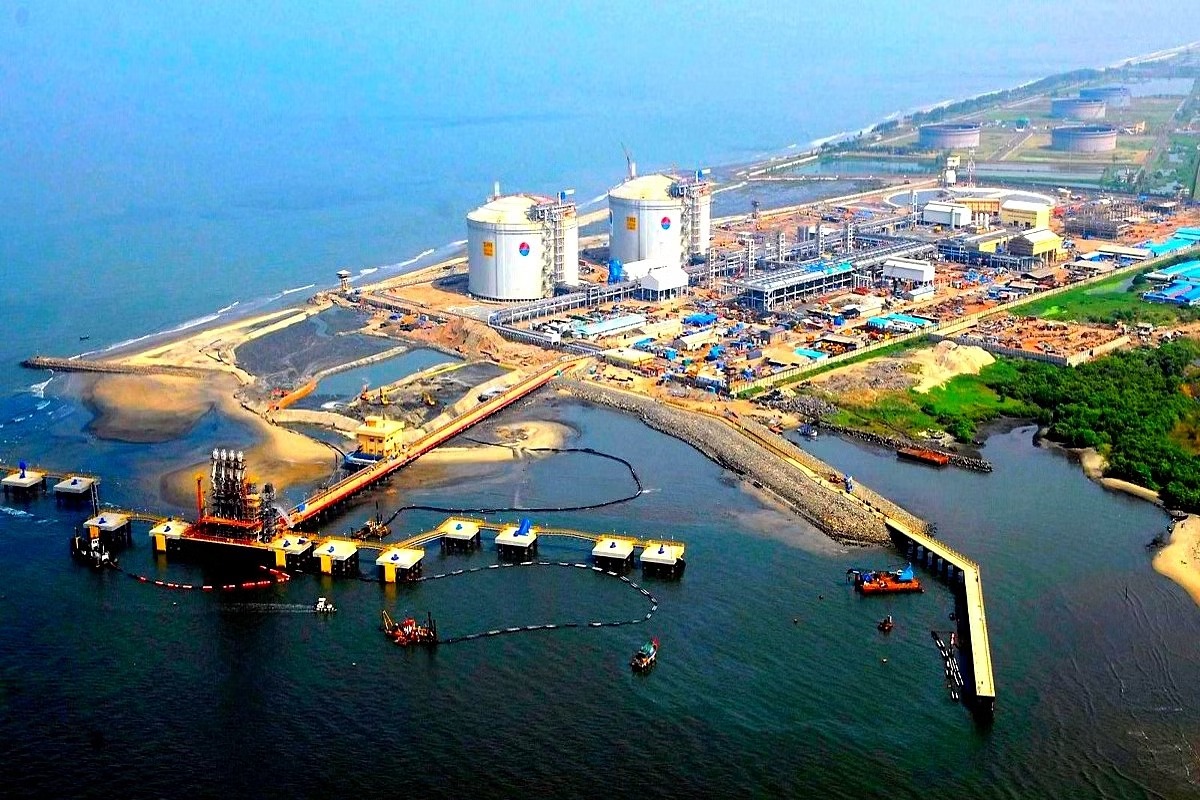
LNG imports in India to escalate in 2024, fueled by power and fertilizer sector demand
NEW DELHI : India’s liquefied natural gas (LNG) imports are projected to rise significantly in 2024, driven by ongoing demand in the power, industrial, and fertilizer sectors, with a forecasted year-on-year growth of approximately 10%, according to a report by S&P Global Commodity Insights.
The report indicates that the power sector will continue to be a significant consumer of LNG. The growth in the industrial and fertilizer sectors is also expected to contribute substantially, especially against the backdrop of India’s plan to eliminate urea imports by 2025. This policy is likely to increase reliance on domestically produced urea, thereby boosting gas consumption in the fertilizer sector.
“In Summer 2024, imports are expected to increase by a further 3 MMcm/d compared with 2023, driven by sustained demand in the power sector and continued growth in the industrial and fertilizer sectors. However, there is an upside to our Q4 2024 forecast, with imports averaging 80 MMcm/d, 4 MMcm/d lower than in 2023,” the report said.
For the final quarter of 2024, the report anticipates an increase in LNG supply, which could result in lower spot LNG prices. If prices average around $15/MMBtu, it might lead to an increase in spot imports by 5-6 MMcm/d. This scenario suggests a potential upside of about 3-4 MMcm/d to the 2024 forecast, currently estimated at 87 MMcm/d.
The report also informed that in Q3 2023, India’s average LNG imports reached 91 MMcm/d, marking a notable increase of approximately 20 MMcm/d compared with the same period last year. This surge in imports can be attributed to increased gas consumption in the fertilizer and power sectors. Higher gas generation in the power sector was driven by higher peak thermal demand amid reduced hydropower generation, it added.
The report also highlights the proactive stance of Indian companies such as IOCL and BPCL in securing spot LNG cargoes. Their ongoing procurement activities for Q4 2023, despite the JKM prices being in the $15-16/MMBtu range, reflect their commitment to LNG imports.

